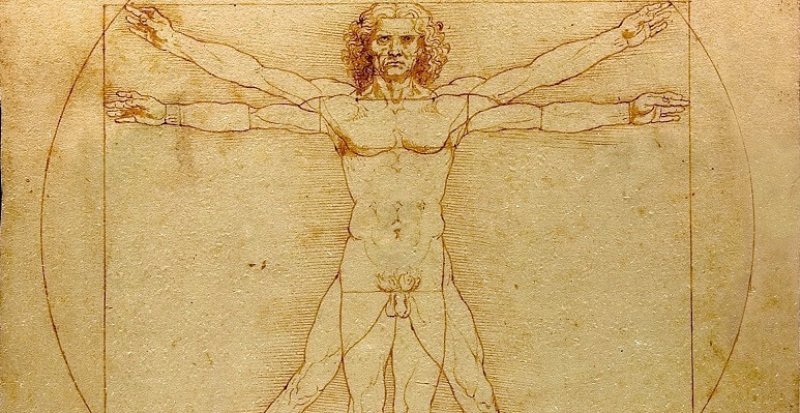Modern humans appear in the fossil record about 200,000 years ago, but it was only about 50,000 years ago that making art and advanced tools became widespread.
A new study appearing Aug. 1 in the journal Current Anthropology finds that human skulls changed in ways that indicate a lowering of testosterone levels at around the same time that culture was blossoming.
“The modern human behaviors of technological innovation, making art and rapid cultural exchange probably came at the same time that we developed a more cooperative temperament,” said lead author Robert Cieri, a biology graduate student at the University of Utah who began this work as a senior at Duke University.
The study, which is based on measurements of more than 1,400 ancient and modern skulls, makes the argument that human society advanced when people started being nicer to each other, which entails having a little less testosterone in action.
Heavy brows were out, rounder heads were in, and those changes can be traced directly to testosterone levels acting on the skeleton, according to Duke anthropologist Steven Churchill, who supervised Cieri’s work on a senior honors thesis that grew to become this 24-page journal article three years later.
What they can’t tell from the bones is whether these humans had less testosterone in circulation, or fewer receptors for the hormone.
Read the full, original story: Society bloomed with gentler personalities and more feminine faces































